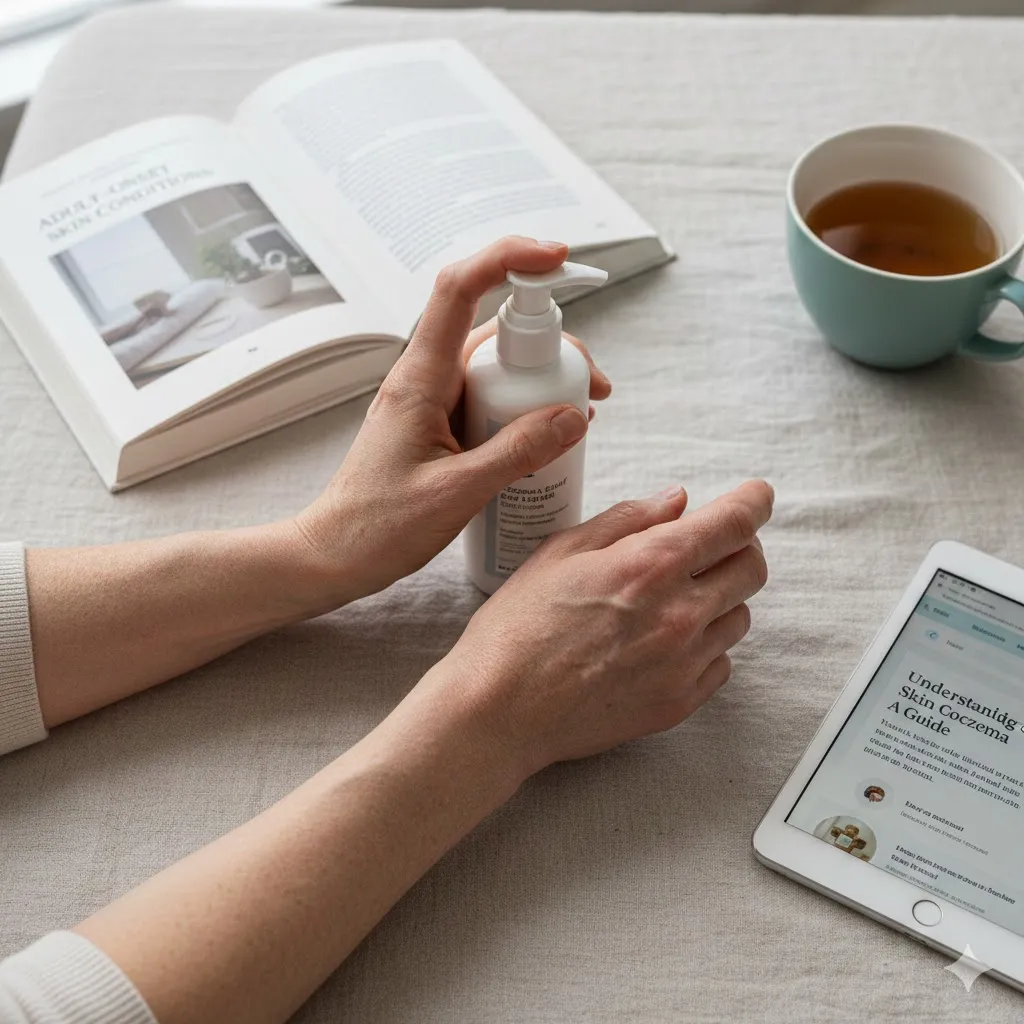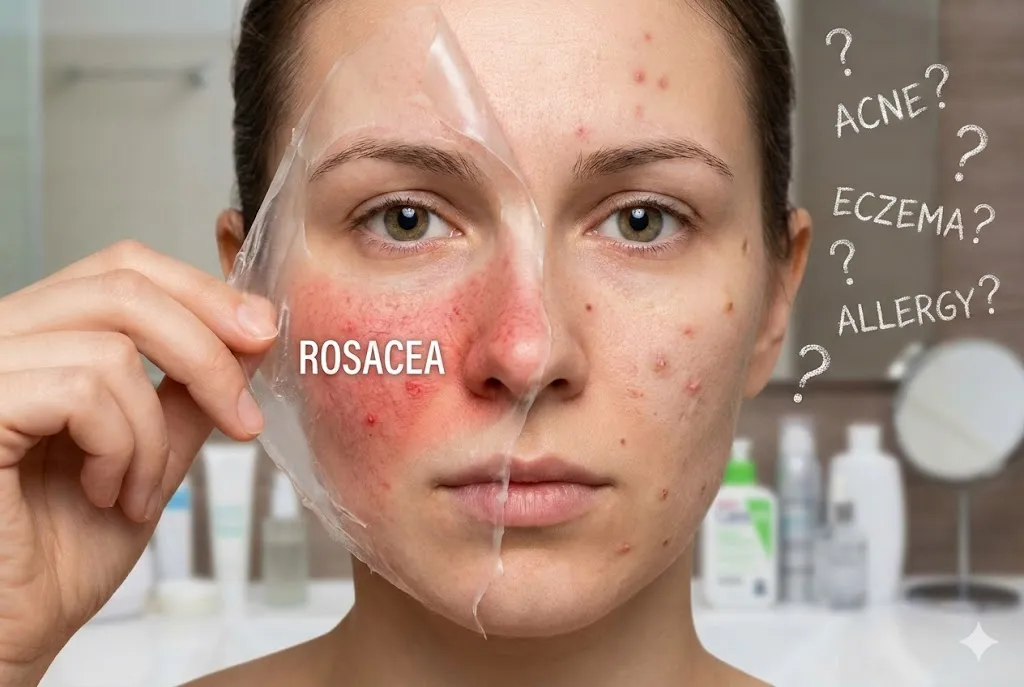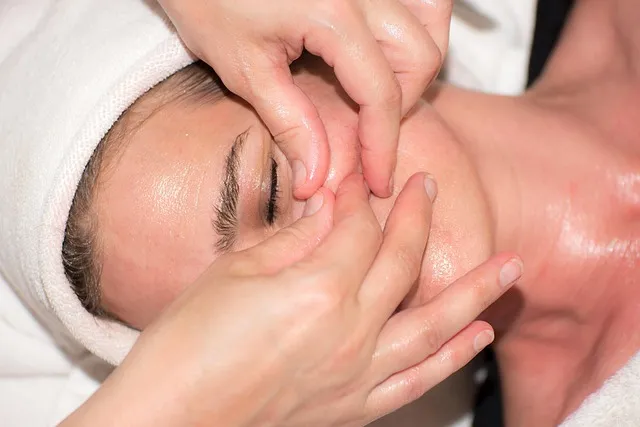Acne. Small bursts tend to have a huge impact on our skin & self-esteem throughout our teenage & adult years! But, have you ever wondered what causes them? Did you ever wonder what's the science behind these pesky pimples? If you've pondered upon these questions at some point, we've got you covered. Read on to unlock 7 science-backed reasons for acne on face, and how you can get them in control!
What Is Acne?
Before we delve deeper into the science behind acne, let's break down what exactly acne is. Your skin has these teeny-tiny holes on its surface called pores. When these pores are filled with oil, dirt, dead skin cells & other bacteria, your skin tends to form a pimple. Now, there are different types of acne out there. From whiteheads & blackheads to papules & cysts, the list is endless. But, the only difference is that if your pimples cause scars on your skin, chances are they're probably inflamed & infected and require more serious treatment.Who Is Most At Risk For Acne?
There's no specific age interval when it comes to who is most at risk for acne. It's quite common for all ages & races to experience acne. However, it tends to start during puberty.Reasons For Acne On Face
Here are 7 science-backed reasons for acne on face.1. Hormones
One of the main causes of acne is hormonal fluctuations, especially during puberty. When the sebum levels fluctuate due to hormonal changes, your pores tend to get clogged because of all that extra oil. To keep that at bay, it's nice to take a break every once in a while without getting stressed to keep your hormones in control. Plus, keep a close check on your diet without adding too much dairy, sugar & carbs. Last but not least, don't forget to maintain a minimal yet consistent skincare routine.2. Genetics & Heredity
Did you know that your genes tend to play a significant role in your acne? Yep, it's true! Several esteemed research studies have proven the genetic basis of acne. If your parents both had acne, chances are you're likely to develop it too!3. Anxiety & Stress
Did you ever sleep with a lot of baggage in your mind, only to wake up to a small, red pimple the next morning? If it's a YES, you've just seen a live example of the relationship between stress & acne. If you dig deep, you'll learn that when you're stressed, your cortisol & adrenaline levels increase, making your acne worse, as they tend to stimulate your sebum or oil glands to increase production & clog pores. So, the moral of the story? Take a chill pill every once in a while to calm yourself down.4. Comedogenic & Oil-Based Skincare Products
Another reason for acne on the face is due to extensive usage of comedogenic skincare & makeup products. Although you've probably heard the term before, only a few people know the exact meaning of the word. In its basic sense, comedogenic are ingredients that tend to clog your pores. If you're skincare products are packed with oils such as soybean oil, almond oil or coconut oil, they're comedogenic products, and will possibly lead to blackheads & blemishes. So, the next time you hit the mall to go skincare shopping, look for products that are non-comedogenic to avoid acne.5. Diet
What you eat can also be a huge deciding factor for acne on your skin. A clinical study by the Journal of the Academy of Nutrition & Dietetics found a link between a diet rich in sweets, carbs & dairy, and acne. A high glycemic diet tends to spike your blood sugar levels aggravating your acne. That's why you need to stick to an acne-detox diet with low glycemic foods to reduce inflammation, as well as reduce sebum production. Add lots of fresh fruits, veggies & omega-3 fats to your diet to replenish your skin with all its vitals & antioxidants to keep those pesky pimples at bay.6. Over-The-Counter Drugs & Medications
Did you know that certain drugs & medications can cause acne? Yep, it's true! Prescriptions & over-the-counter medicines with lithium, androgenic steroids, bromides, anticonvulsants, or iodides can cause your skin to break out frequently. It's better to consult your doctor & dermatologist before consuming these medicines to avoid acne-related problems later on!7. Exposure To The Sun
Although Vitamin D from the sun is pivotal for many of our body processes, it can do more harm than good to your skin. When we bask in the sun, our body produces the 'happy hormone' or serotonin that can make us feel happy. At the same time, it tends to dry out our skin, which causes our sebaceous glands to produce excess sebum. Plus, our pores tend to clog with dead skin cells & sweat, leading to the formation of blemishes. That's why, always remember to apply a thin layer of sunscreen before you head out in the sun to reduce the damage to your skin.How To Prevent Acne?
Now that you know what causes acne, the next question you may contemplate is how you can keep them at bay. Below are a few ways that you can adopt to learn how to prevent acne. Firstly, it's important to set up & maintain a minimal skincare routine with the right ingredients. Look for acne-fighting ingredients like salicylic acid which penetrates deep within the skin to reduce the breakout, as well as keep future breakouts at bay. Start with a gentle cleanser followed by a toner, and a face serum. If you want to go the extra mile, add in a good face mask for acne like our Watermelove Blemish Fighting Face Mask. This salicylic acid-based face mask is packed with the goodness of salicylic acid, watermelon, and other good-for-you ingredients to fight acne while hydrating your skin. Next, eat a delicious & healthy meal with vitamins, minerals & antioxidants, and avoid sugary foods to keep your breakouts in control. Don't forget to avoid picking at your pimples, as they can do more harm than good for your skin. Lastly, protect your skin before you head out in the sun to reduce the damage done by the harmful UV rays of the sun. All in all, a single breakout can take a toll on our mental, physical & emotional health. But with the right tips & tricks, you can bust them out in a jiffy.Frequently Asked Questions (FAQs)
What foods should I avoid for acne-prone skin? One of the main reasons for acne on face is the foods we eat. Foods rich in a high glycemic index such as white bread, sugary foods & beverages, fries, doughnuts and white rice can aggravate your acne rather than reduce it. That's why it's best to avoid them if you've got acne-prone skin. How do I make skin clear? To keep your acne breakouts at bay, you need to use gentle skincare products infused with acne-fighting ingredients like a salicylic acid-based mask, as well as eat a nutritious diet, and avoid touching or picking at your face continuously. Does ice help acne? Ice can be a way when it comes to how to prevent acne. But, this is often temporary to relieve the pain & redness associated with acne.
Reviewed by







